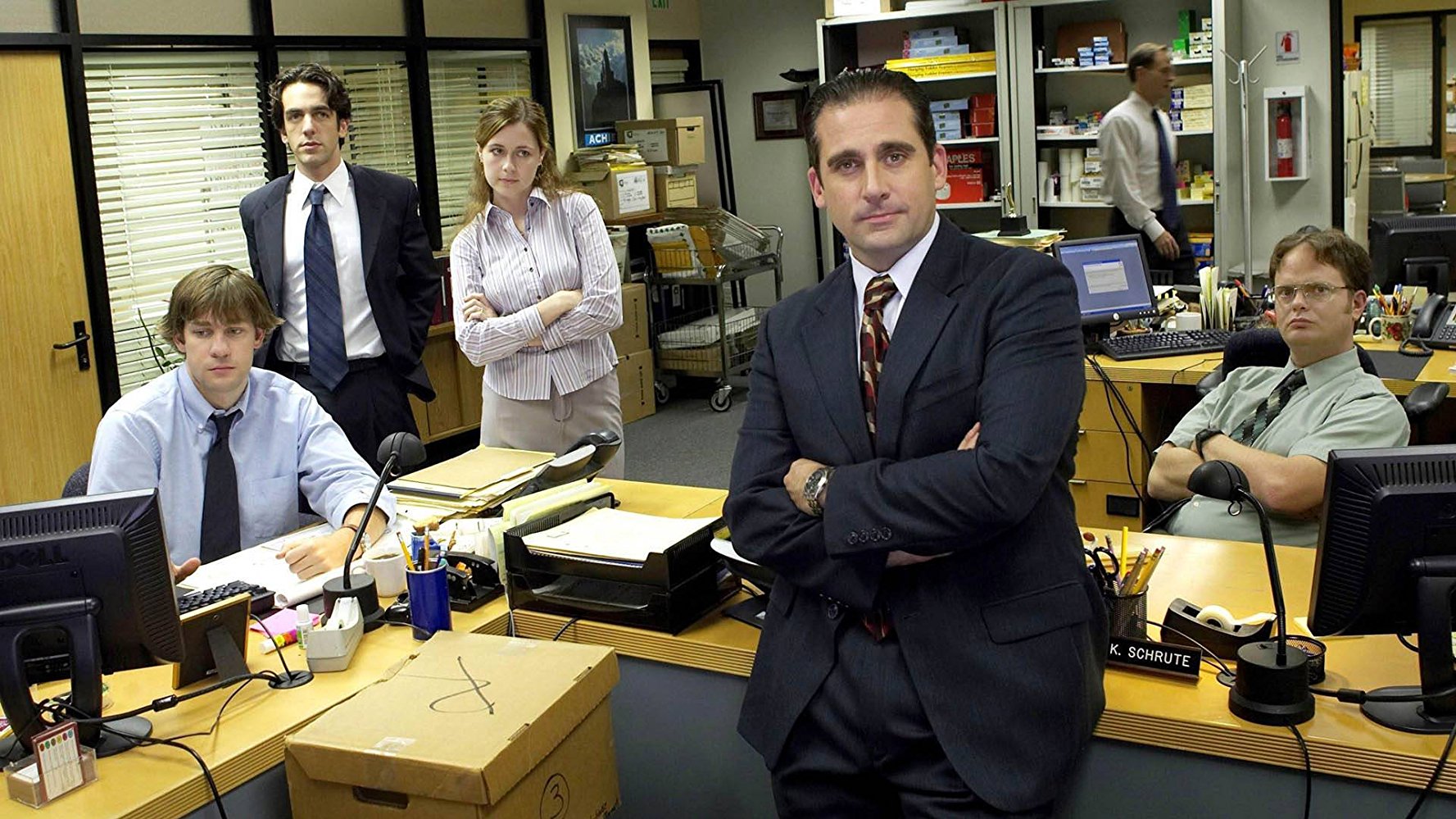Whether or not you subscribe to the “co-workers are your second family” school of thought — as seen in sitcoms like The Office or The Mary Tyler Moore Show — if you work in any sort of collaborative setting, you likely spend a lot of time with your colleagues. Even in offices where everyone is working towards the same goal, there will inevitably be occasional uncomfortable conversations with co-workers.
Ideally, we’d all approach workplace communication (and all communication for that matter) mindfully, and with compassionate directness — meaning that employees feel empowered to speak up, give feedback, disagree, and surface problems, solutions, and constructive criticism with empathy, understanding, and timeliness. But not everyone is there yet, and even if you are, compassionate directness remains something that you need to practice.
So what happens if you still could use more practice — and you wind up in a conversation where one or both parties are left feeling upset? You still need to see and work with that colleague on a daily basis, so just pretending like the conversation didn’t happen isn’t an option. Instead, try these strategies for bouncing back and strengthening the relationship after an interaction with a co-worker that may have ended on an awkward note:
Acknowledge what was said and give each other time to process it
Frequently, uncomfortable exchanges happen between co-workers in heated moments, with people talking over each other to make their points, and not actively listening to one another. In the Harvard Business Review, Sabina Nawaz, a CEO coach, recommends setting up a one-on-one meeting with a colleague after an uncomfortable interaction, where you can each acknowledge what happened and take ownership of your actions. Apologize for your behavior, if necessary. She also suggests taking it one step further and discussing how you can avoid this type of conversation in the future. And don’t forget to give the other person room to process what you’ve said, rather than launching straight into a postmortem of the interaction without giving them time to realize what’s going on.
Identify your shared goal and reframe your working relationship
Given that you are colleagues, you have at least some of the same work goals, whether it’s increasing profits for your company, or furthering the mission of your organization. In moments of disagreement, it’s easy to focus on your differences, but Nawaz says that you should really pay more attention to your common goals. Along the same lines, it can help to reframe how you think about your working relationship with this person: Rather than being put off by your disagreement, talk about how you can collaborate, and use your complementary skills and strengths to benefit your work.
Use this encounter to generate trust
Compassionate directness requires an element of trust between colleagues — and this doesn’t happen overnight. Though having a disagreement with a co-worker has the potential to set your working relationship back, Nawaz suggests using it as a way to build trust instead. The fact that you are both taking the time to openly and honestly discuss your initial uncomfortable conversation is definitely a step in the right direction. It can also help you identify specific situations that could potentially trigger another mishap — whether it’s someone proposing an idea in your area of expertise, or interrupting, or not actively listening to the other person — with the aim of avoiding a similar conflict in the future.
Stay up to date or catch-up on all our podcasts with Arianna Huffington here.
Follow us here and subscribe here for all the latest news on how you can keep Thriving.


